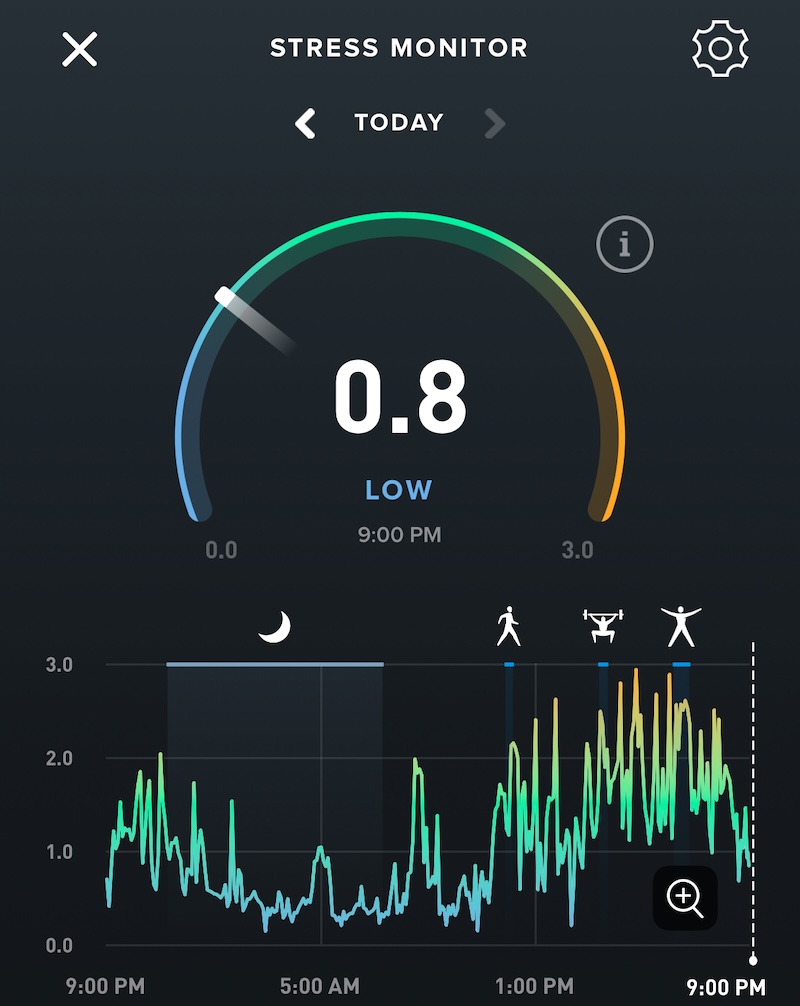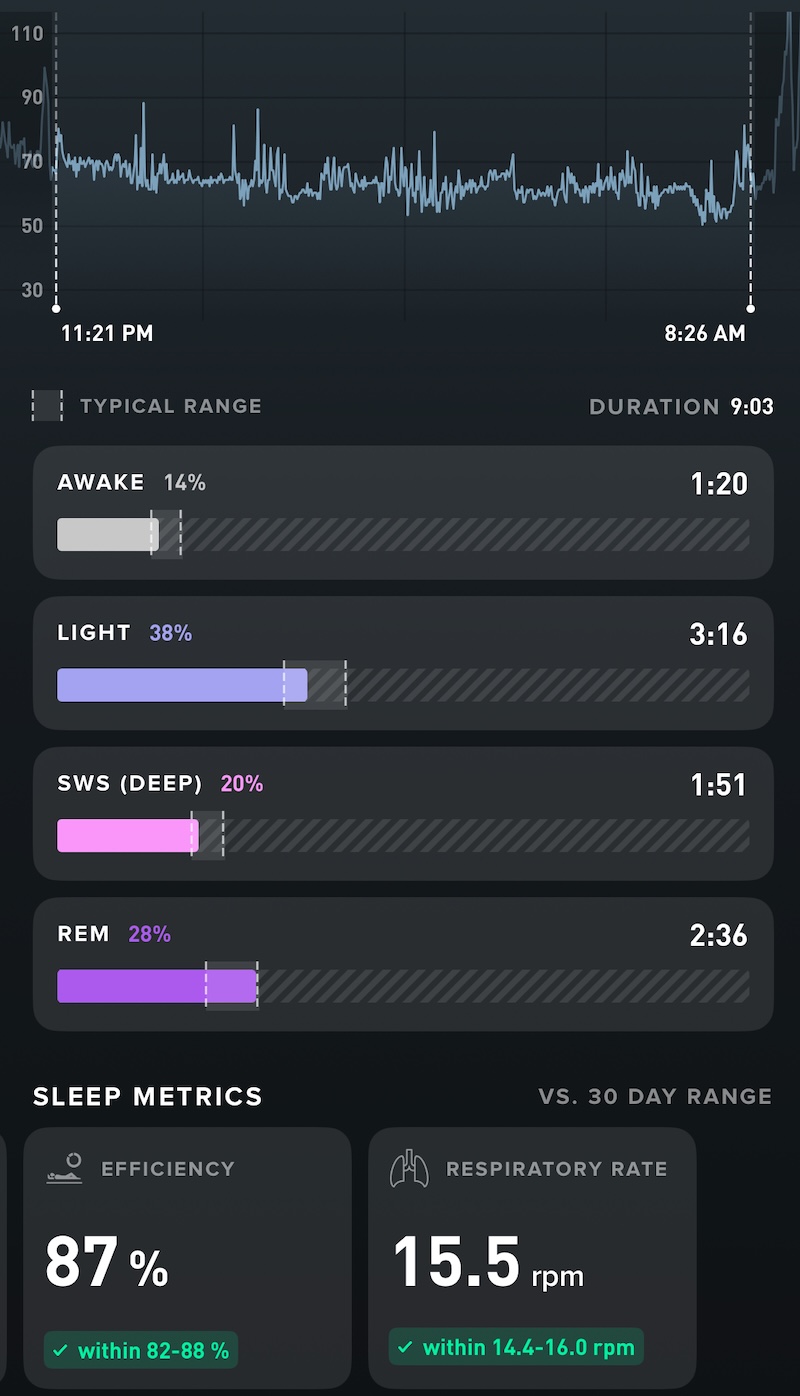Student Blog
Jowy

12 Tiny Habits That Transformed My Life in 6 Months as a Student ⟩
October 29, 2024, by Jowy
Hi there! I’m Jowy Cenat, and today I’m sharing the small, consistent habits that changed my life over the last six months. These might seem simple, but trust me — they’ve been game-changers.
“Simplicity is the ultimate sophistication.” — Leonardo da Vinci
1. Two minutes of jump-rope:
No need for an intense workout first thing in the morning. Two minutes of jump rope gets my heart pumping and my mind awake. It’s quick, easy, and surprisingly powerful.
2. Stepping outside:
Nothing beats stepping outside for a bit of fresh air and sunlight. It’s become my morning ritual for alertness and grounding. I’ll sometimes combine this with the jump rope for a two-for-one!
3. Revewing my goals:
Taking a few moments to look over my goals reminds me of what I’m aiming for. It’s like a reset that refocuses my mind and makes those long-term plans more achievable.
4. Reading a passage in the morning:
Instead of checking my phone first thing, I read something inspirational or philosophical. It’s a nice mental start to the day before the notifications start rolling in.
5. Practicing gratitude:
A few moments spent reflecting on what I’m grateful for grounds me. Gratitude has shifted my perspective, helping me start each day feeling more positive and centered.

6. Ending the day with a reflection:
I take a few minutes every night to reflect on the day — what went well, what could be better. This habit has been a great way to learn from each day and to let go of what didn’t work.
7. Keeping a reading habit:
I made it a point to read something every day, even if it’s just a few pages. The consistency has kept me curious, entertained, and always learning something new.
8. Setting micro-goals:
Breaking down big goals into smaller steps has been empowering. Each completed step brings a little victory, making the bigger picture feel achievable.
9. Walking 13,000 steps a day:
Getting my daily steps in has kept me active and energized. Sometimes it’s through a workout, other times just through exploring a park or neighborhood. The movement has done wonders. I was born in NYC, and unfortunately, I miss the walkability of the city.
10. Prioritizing sleep:
I started tracking my sleep and making it a priority. Once I realized how big of an impact rest has on my productivity and mood, it became non-negotiable.
-Sleep-

11. Celebrating small wins:
Finally, I learned to celebrate the small wins. Whether it’s hitting my daily steps or finishing a task, I let myself feel proud of those moments. They keep me going and remind me that progress is being made.
Bonus:
Implementing these habits has been an incredible journey. They might seem small, but the impact has been huge throughout my time in the program. Having my own habits, best practices, as well as learning from various courses, like health promotion or lifestyle redesign has been a game changer. I hope you find something here that inspires you!
*If I were to add another #12, I’d say boba + matcha is a tiny habit. Just a small habit . . . but let’s be real, life is better with a little boba and matcha in the mix!
⋯





